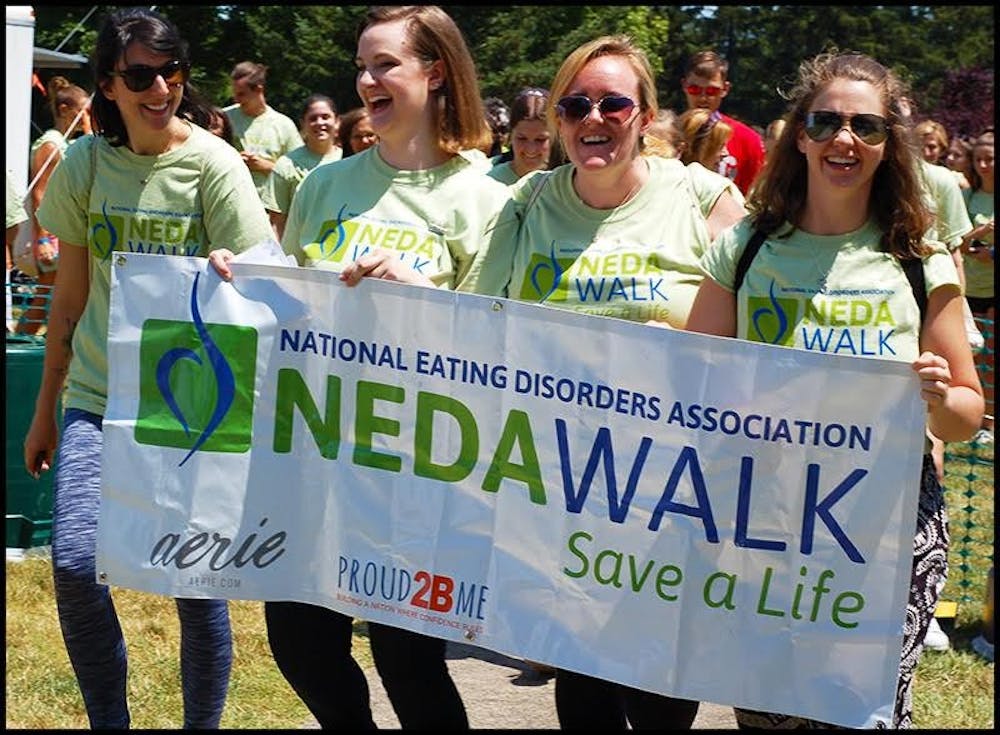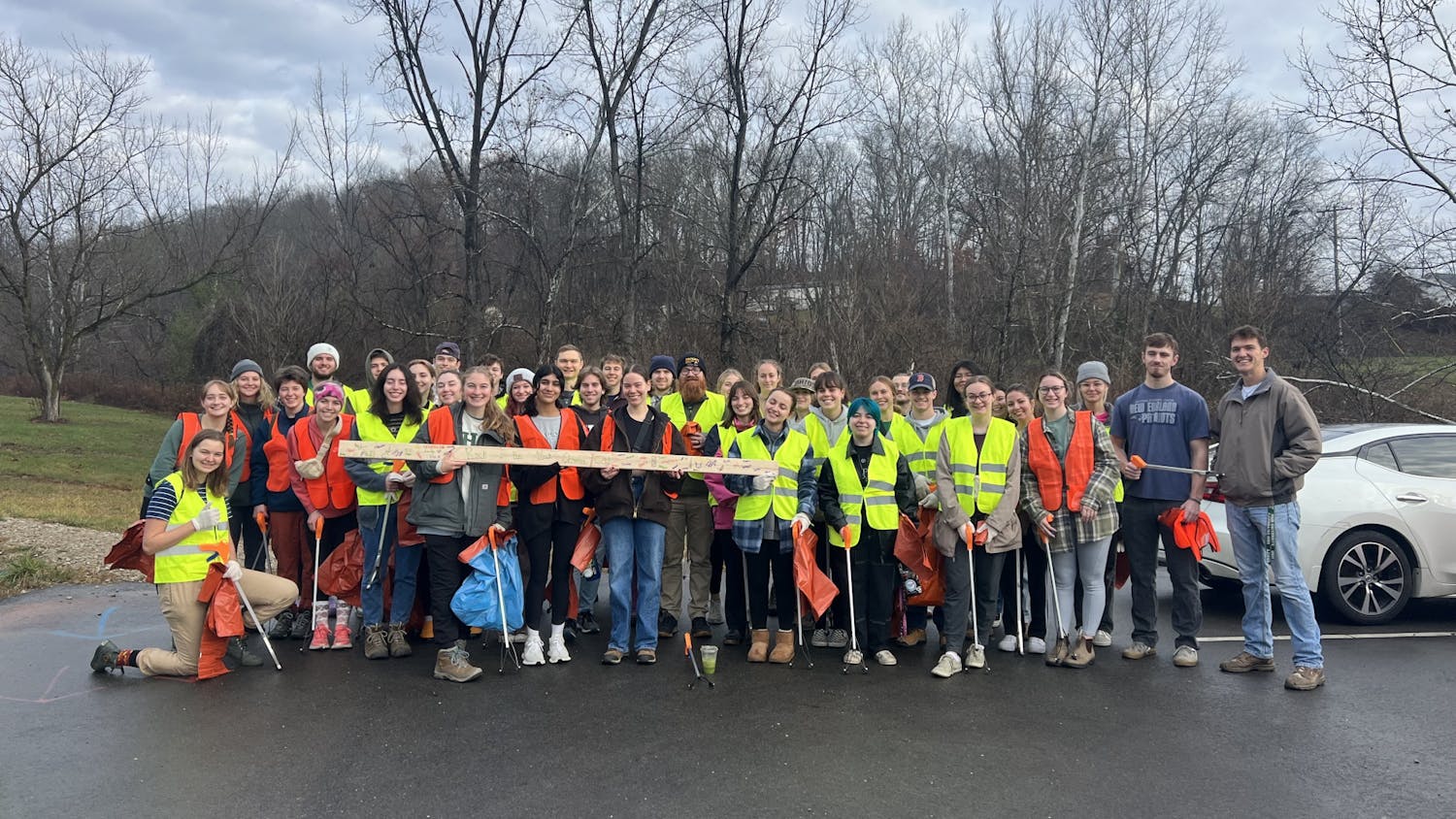Growing up, Shelby Martin’s family has always been involved in the sports scene surrounded by athletes who strived to achieve the ideal body type.
“Being in that environment all the time, I was exposed to a lot of individuals struggling with various eating problems,” Martin, a second-year graduate student studying clinical psychology, said. “It’s very common among athletes.”
In the United States alone, 20 million women and 10 million men have reported to struggle with a clinically significant eating disorder at some point in their life during the year 2011, according to the National Eating Disorder Association.
To combat the stigmas against eating disorders here at Ohio University, Martin has partnered with NEDA to host Athens’ first NEDA Walk on Saturday at West State Street Park. The walk aims to educate and spread awareness about eating disorders while breaking the stigmas surrounding them.
“Eating disorders are disturbances in one’s body weight and shape… (and) the way those things are experienced as well as disturbance in behaviors related to eating (and) exercise patterns,” Dr. Sarah Racine, an assistant professor for clinical psychology in the Department of Psychology, said.
The American Psychological Association has categorized three common eating disorders – anorexia, bulimia and binge-eating disorder.
M. Geneva Murray, the director of the Women’s Center, said eating disorders are often stigmatized and stereotyped to only affect certain populations.
The stigmatization surrounding eating disorders differs from the way other mental health problems are viewed, Murray said.
“We often hear people being rewarded by ‘Oh you’ve lost weight’ or ‘You look great,’ but we’re not actually thinking about ‘Are they being healthy?,’ ” she said.
For example, people who may struggle with anorexia may be complimented on their body weight because of the “thinness ideal” in popular culture, Murray said.
“Everybody knows somebody who has struggled with (eating disorders) at some point in their lives whether they realize it or not,” Martin said.
Murray, who is one of the speakers at the event, will speak about her on-going recovery process.
Places on campus where students may seek treatment include the Counseling and Psychological Services at Hudson Health Center as well as OU’s Psychology and Social Work Clinic at Porter Hall, Racine said.
“We want people to know that there’s nothing to be ashamed of for having an eating disorder,” Murray said. “The disorder does not define you as a person and that recovery is possible and that there is hope.”






